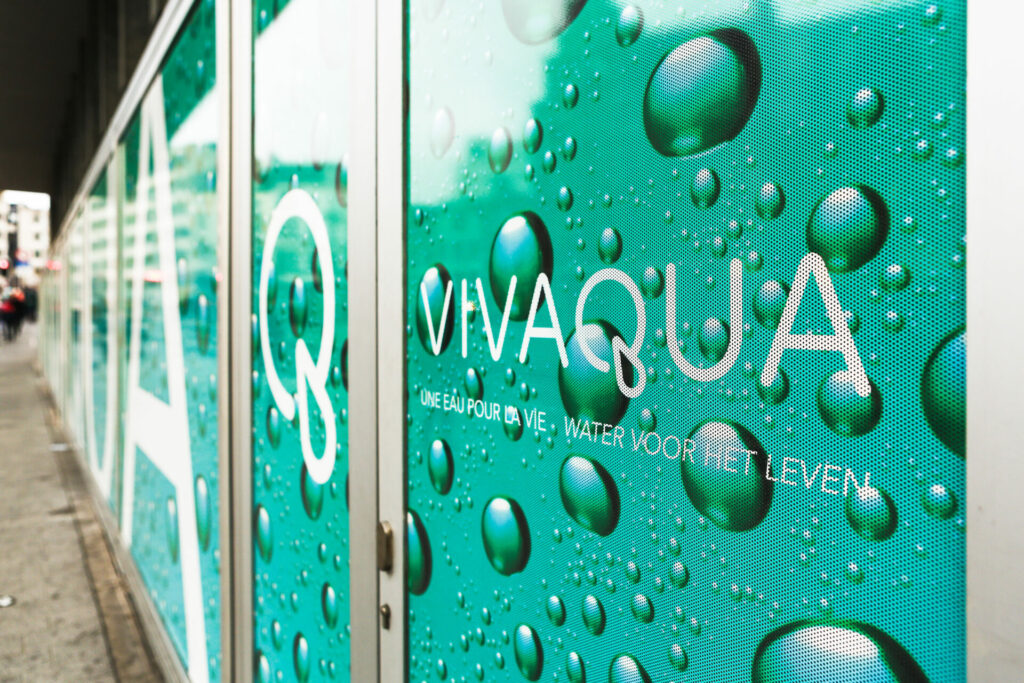In a recent parliamentary address, Vivaqua CEO Laurence Bovy sounded the alarm on the dire financial situation facing the water distribution company, deeming it "particularly worrying."
Bovy's presentation before the Committee on the Environment unveiled a comprehensive assessment, shedding light on the pressing issues plaguing the organisation.
By the end of 2022, Vivaqua grappled with a staggering bank debt of €1.023 billion, sharply contrasting its annual turnover of €299 million and a relatively modest loss of €0.5 million. Bovy underscored the gravity of the situation, explaining during his address, "Our debt is three times greater than our turnover, akin to a household facing a mortgage payment that dwarfs their income," as reported by La Capitale.
Bovy unveiled that a significant chunk of the company's debt could be attributed to historical underfunding, particularly for crucial infrastructure and renovation projects, which accounted for over 75% of their financial turmoil. Over the years, Vivaqua has been compelled to make substantial investments and undertake maintenance, straining its financial resources.
One unique challenge faced by Vivaqua is its isolated financial responsibility. Despite serving a population of 2.25 million people, extending partially beyond Brussels, the company manages water production, distribution over 2,365 kilometres, wastewater treatment, 1,893 kilometres of sewers, and 33 stormwater basins. According to Bovy, the organisation can solely rely on its revenue, sourced from the public, businesses, and third parties, which has proven insufficient to tackle the mounting debt.
Despite implementing stringent cost-saving measures in 2023, Bovy issued a stark warning that the surge in unpaid bills is expected to drive the debt from €1.23 billion to €1.66 billion by the year's end.
Related News
- Increased water prices will spark water poverty, Brussels party warns
- Brussels regulator approves 14.5% rise in tap water prices
- Rising tap water prices in Brussels are 'symptom of water sector crisis'
The CEO also voiced concerns regarding the looming economic challenges, with a projected 4% inflation rate, surging interest rates, and escalating energy costs in the year ahead. Bovy cautioned, "By the close of 2024, Vivaqua's overall debt could potentially reach €1.140 billion."
To address the financial crisis, Vivaqua is fervently advocating for the automatic indexation of its tariffs, including water charges. The company has submitted a request for a public subsidy from the Brussels government and has proposed transferring the responsibility for collecting unpaid bills to the Region to stabilise its 2024 budget. Bovy emphatically highlighted the critical role that Vivaqua plays in delivering essential services to the population.
In response to the formidable challenges confronting Vivaqua, several Members of Parliament have resurrected the idea of a merger between Vivaqua and Hydria, aiming to simplify the intricate water sector.
MP Aurélie Czekalski (MR) expressed her support, urging a swift evaluation of the rationalisation of the water sector to ascertain responsibilities, environmental and financial costs, financing sources, and potential synergies between operators. She stressed, "Streamlining structures is an essential solution to address these challenges facing Vivaqua."

